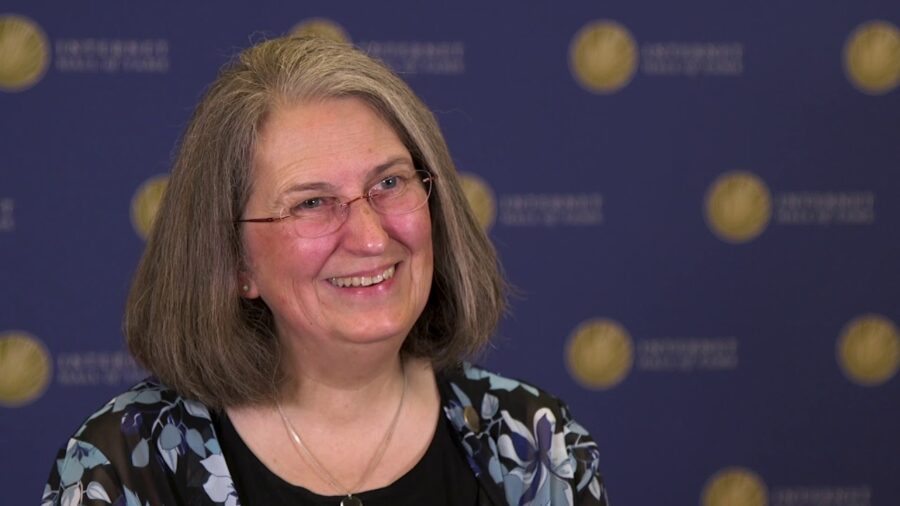Probably the thing that I’m most known for would be helping to evangelize the use of the Internet in public libraries. In the United States now, if you walk into a library you’ll see public computers set out and people can get free time on them. But it wasn’t always like that.
Archive
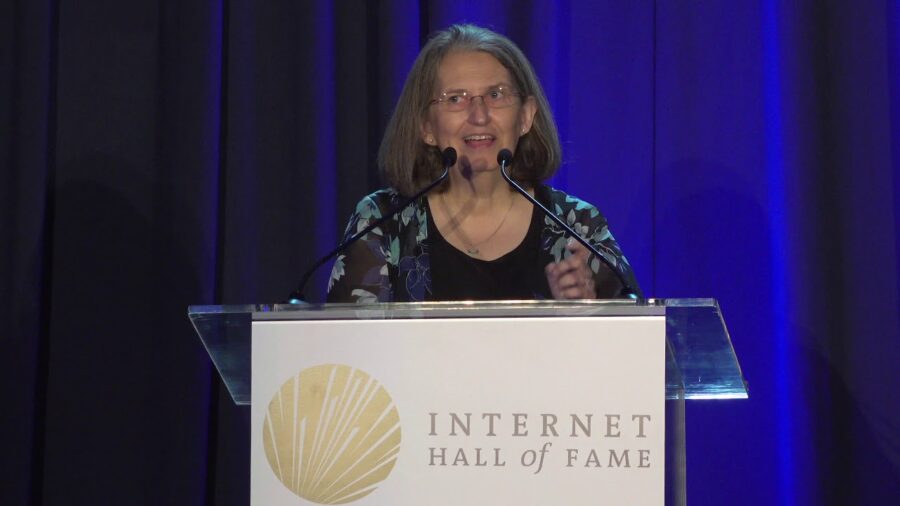
I’d like to focus on thanking the Internet Society for recognizing the important part that public librarians have played in helping to grow the reach of the Internet and its use by everybody.
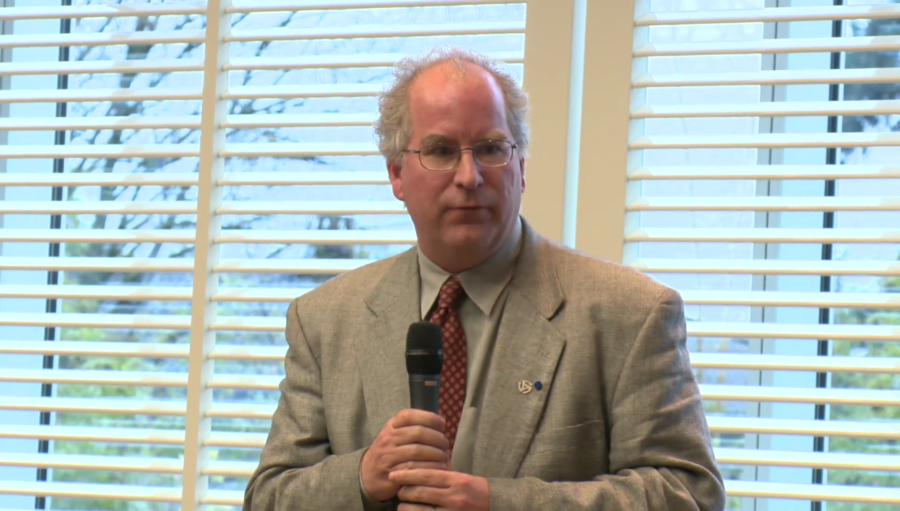
Back in 1980, working with the artificial intelligence guys, we had this idea we were going to make smart machines. But it needed to read good books, don’t you think?
We’re at a thousand dollars per gigabyte, which is what current disk drives cost. The twenty terabytes that people estimate in ASCII that’s in the Library of Congress is just twenty million dollars. So that’s not very much money in terms of being able to store and retrieve the Library of Congress.
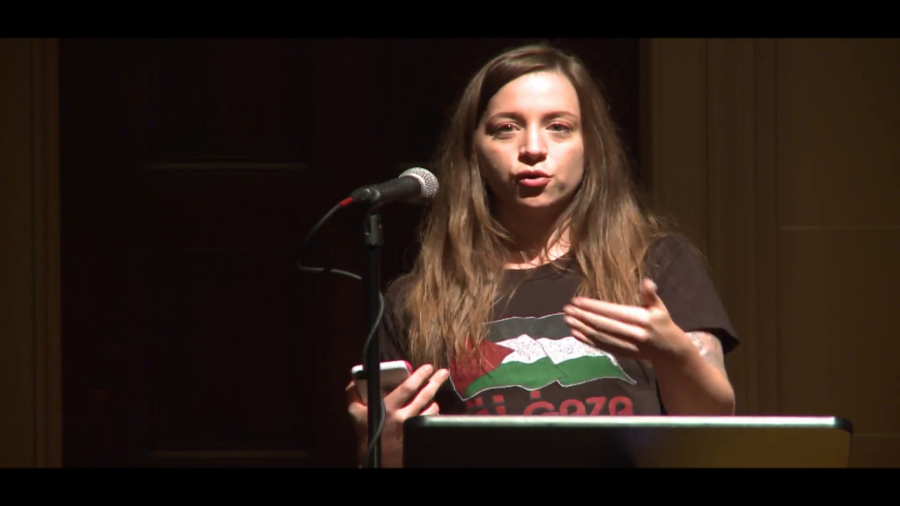
The whole Library Freedom Project, everything that we do is very deeply inspired by Aaron’s spirit, his work in resistance, his legacy. And every day that we go into libraries and teach practical privacy trainings, I feel like Aaron is very much present in all that we do.
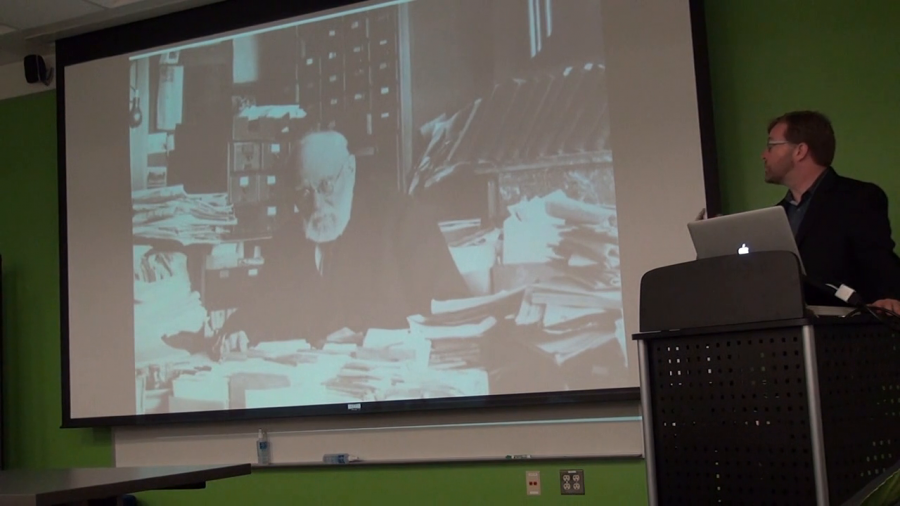
I wanted to give you a little bit of perspective on Otlet’s broader vision, which I think is in a way even more interesting as a reference point for thinking about some of the changes we’re seeing today as our lives are increasingly reshaped by technology and networks. What Otlet offers is a different way into that space, and a different way of thinking about what a networked world could look like.

